Project Ara: Erster Hersteller hat rund 100 Smartphone-Module fertig
Googles Project Ara geht einen Schritt weiter - es steht ein erster Hersteller für Smartphone-Module fest. Etwa 100 Project-Ara-Module sollen bereits fertig sein.

Für Googles Project Ara hat ein erster Hersteller bereits rund 100 Smartphone-Module entwickelt, berichtet Cnet. DDM Brands will unter der Marke Yezz Module für Project Ara vermarkten und verkaufen. Auf dem Mobile World Congress in Barcelona will der Hersteller seine Smartphone-Module zeigen, erklärte der DDM-Brands-Chef Luis Sosa. Passend dazu gibt es bereits eine Countdown-Seite von Yezz, auf der bislang aber keine weiteren Details zu finden sind.
- Project Ara: Erster Hersteller hat rund 100 Smartphone-Module fertig
- Google startet mit Project Ara in Puerto Rico
"Wir sprechen hier von einer echten Transformation", sagte Sosa und ergänzt: "Ich glaube, modulare Smartphones werden den Smartphone-Markt in der gleichen Art verändern, wie Apps zuvor die Welt der Smartphones verändert haben." Er sieht eine große Zukunft für modulare Smartphones.
DDM Brands ist mit den Marken Yezz, Niu und Parla auf dem Weltmarkt aktiv und verkauft vor allem preisgünstige Smartphones mit Dual-SIM-Technik. Neben Geräten mit Android werden auch welche mit Windows Phone und Firefox OS angeboten. Auf dem deutschen Markt ist der Hersteller bislang nicht vertreten, er konzentriert sich vornehmlich auf aufstrebende Märkte.
Smartphone mit Modulen verändern
Als Basis von Project Ara dient ein sogenanntes Endoskelett. Dort hinein werden Module gesteckt, die den Leistungsumfang des Smartphones bestimmen. Sie können während des Betriebs gewechselt werden, um den Leistungsumfang zu verändern. Das wird über die App Ara-Manager verwaltet. Anfang des Jahres hat Google mit Spiral 2 die zweite Generation des Projekt-Ara-Smartphones vorgestellt. Im Laufe des Jahres soll mit Spiral 3 ein dritter Prototyp folgen.
Oder nutzen Sie das Golem-pur-Angebot
und lesen Golem.de
- ohne Werbung
- mit ausgeschaltetem Javascript
- mit RSS-Volltext-Feed
| Google startet mit Project Ara in Puerto Rico |
- 1
- 2


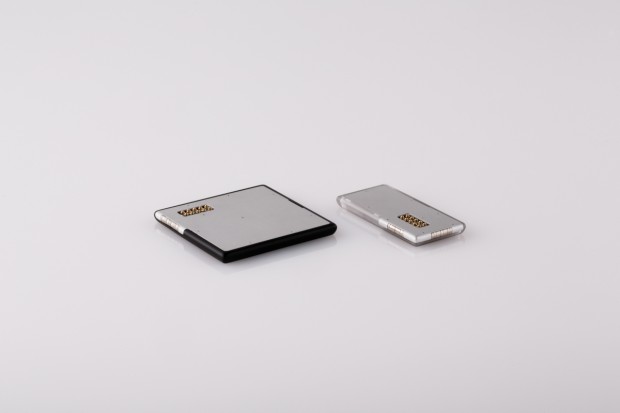
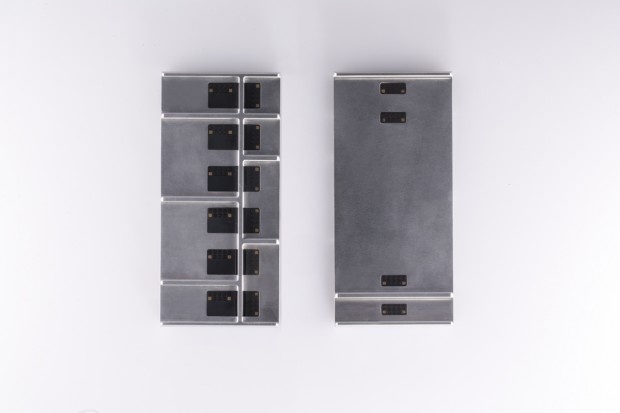
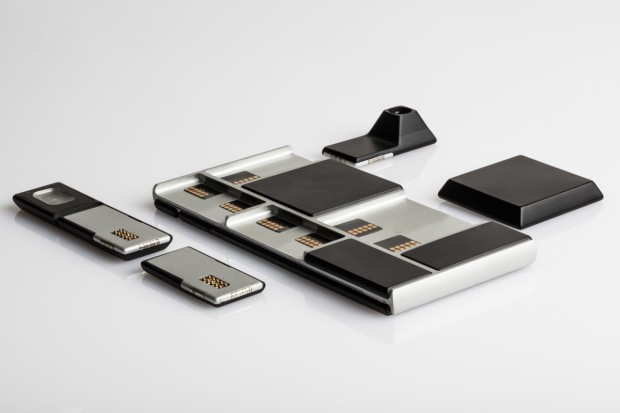
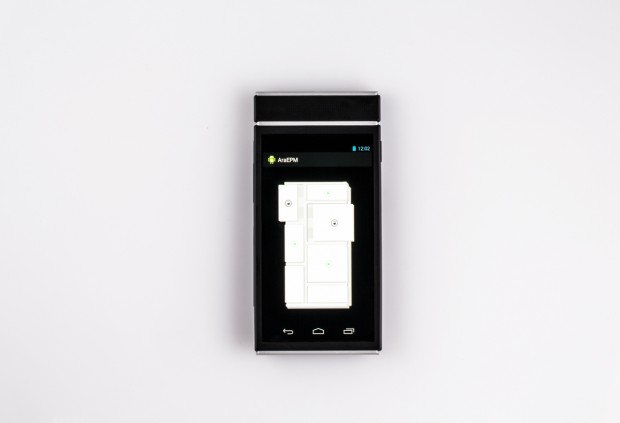
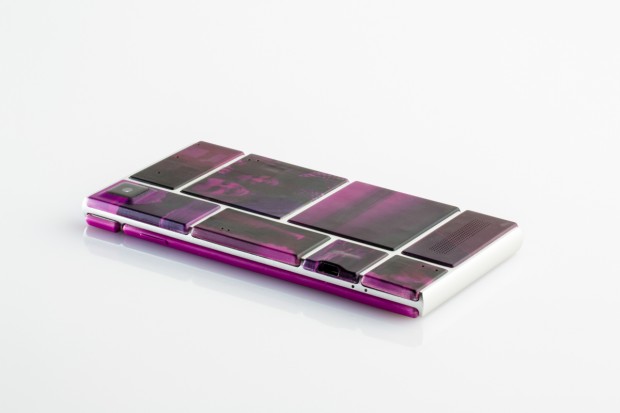
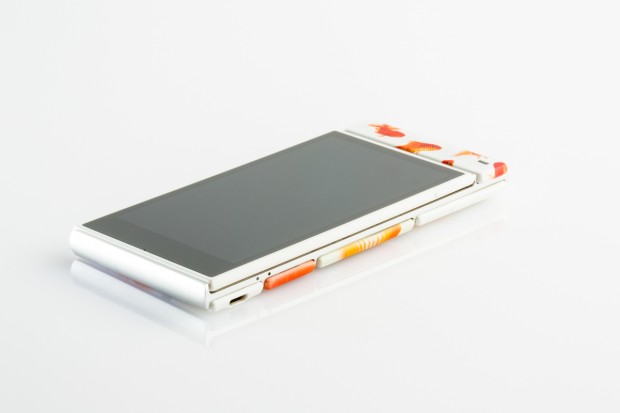
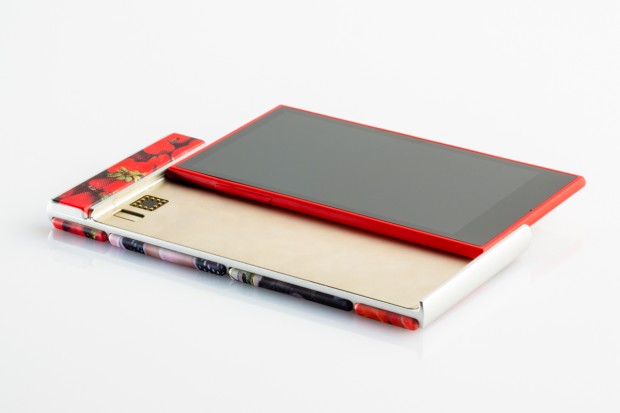

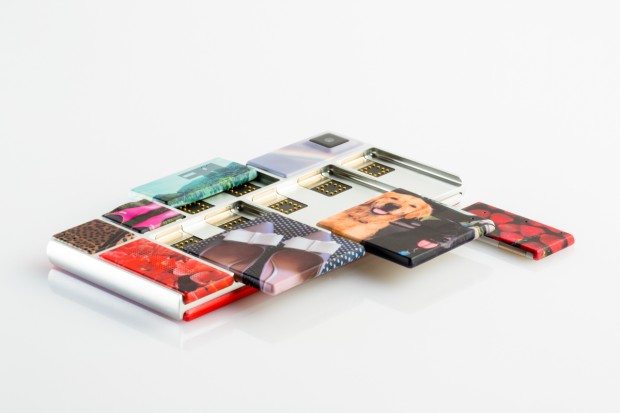

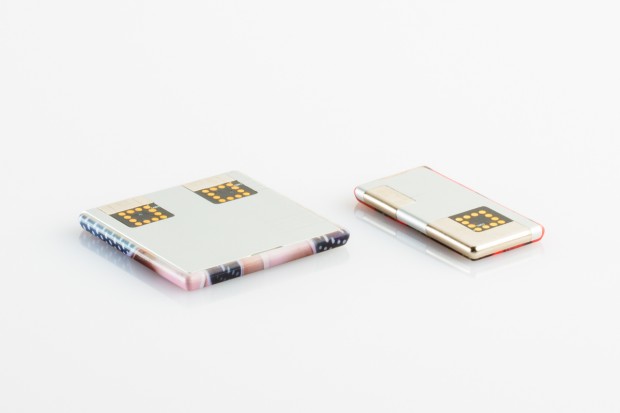
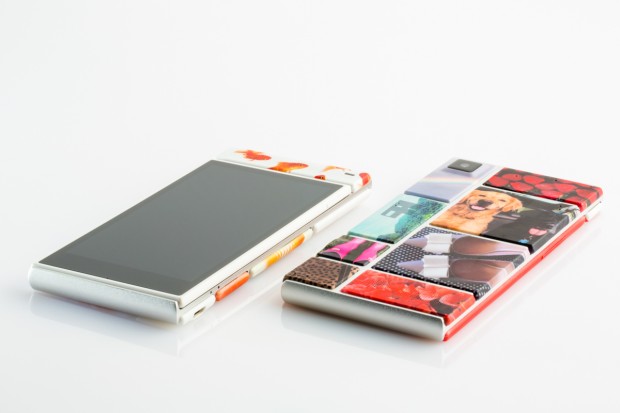
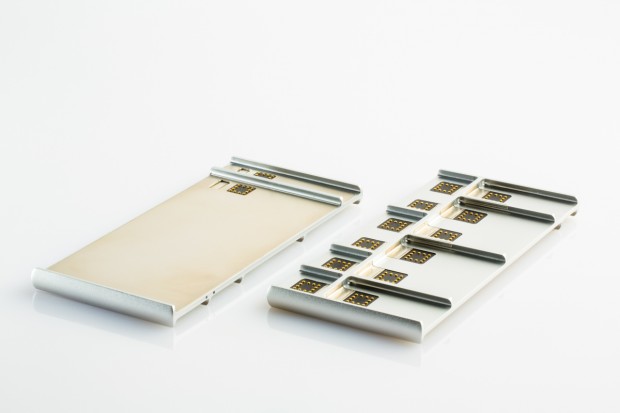

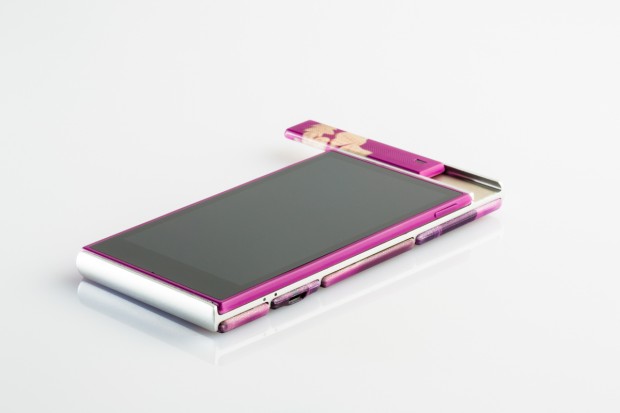




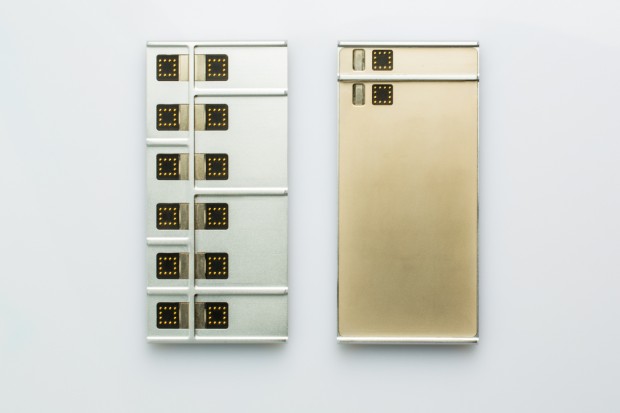
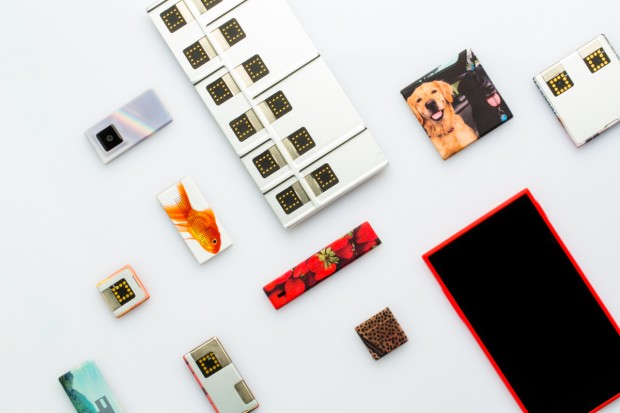
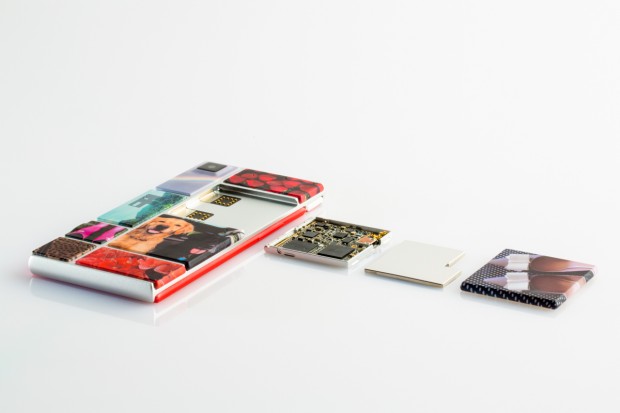
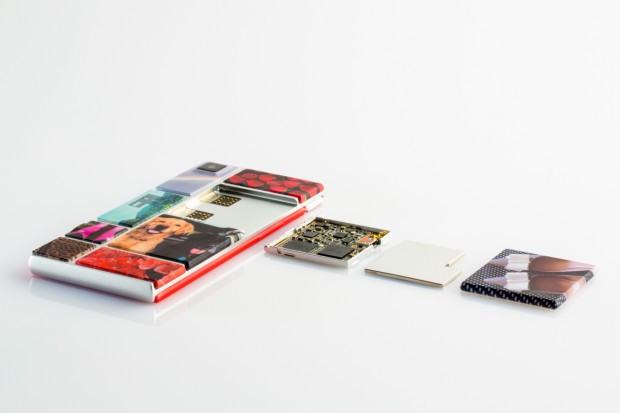
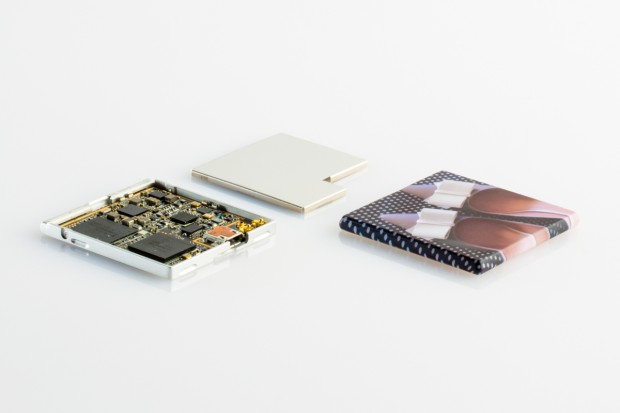
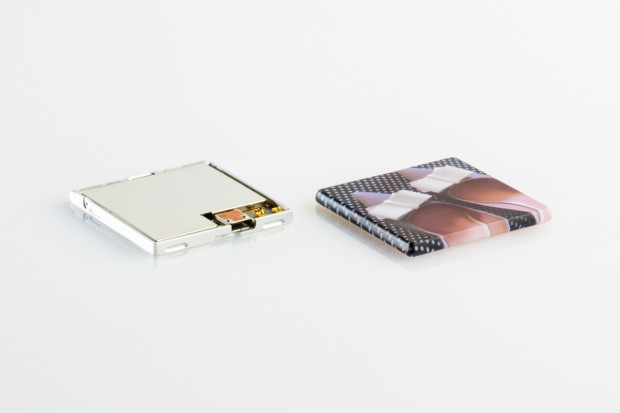
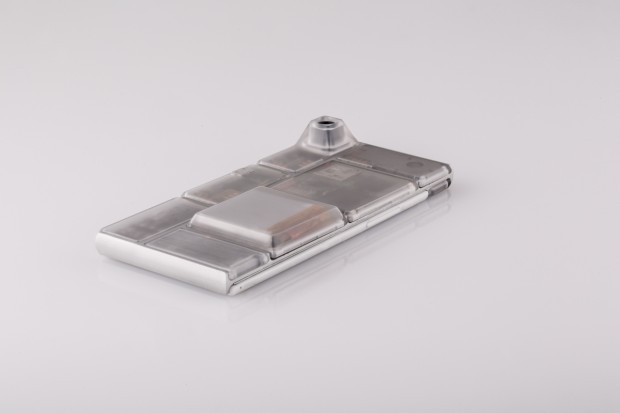
















Wäre es nicht schöner, wenn eine Außenhülle nur optional wäre?
Ich freue mich auf sehr über diese Entwicklung und hoffe da passiert noch viel. ABer CPU...
.... wenn es von seinem besitzer verkauft wird. es gibt ja leute, die ihre alten geräte...
Ein Nokia e7 in neu mit wp10 wäre ein Traum.